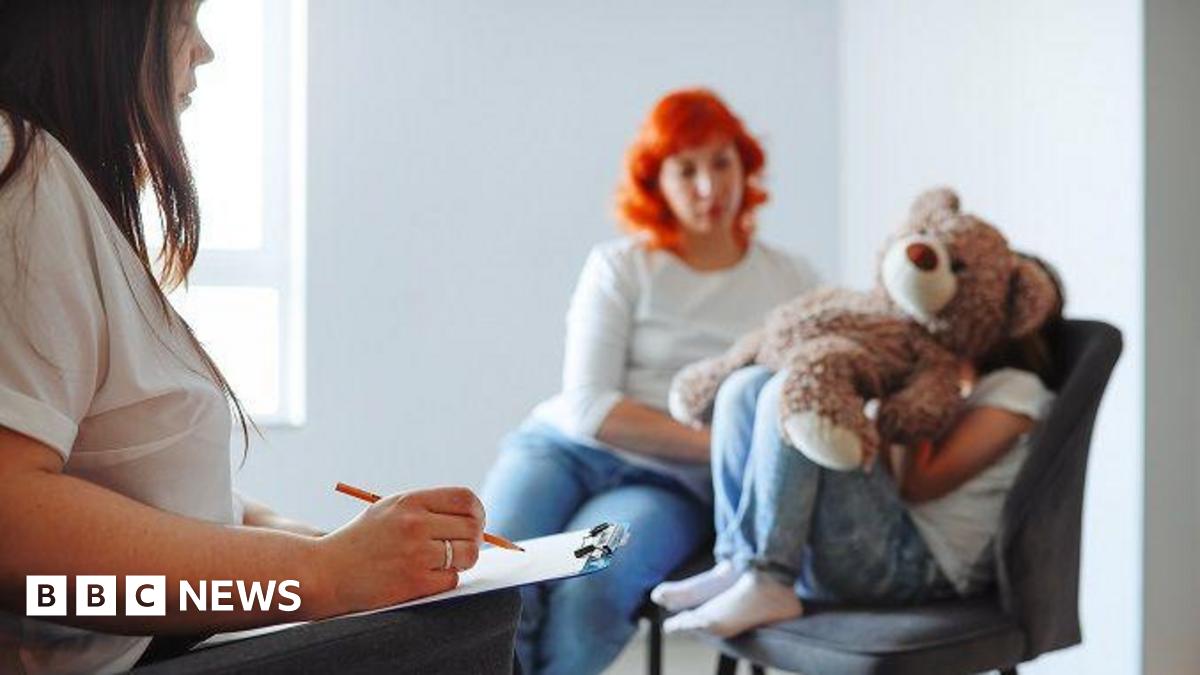In County Durham, Police and County Council Launch Unique “Respect” Programme to Combat Family Violence
In a modest living room in County Durham, the tension is palpable. A young boy, perhaps twelve, stands defiantly with crossed arms, his gaze fixed on the floor. His mother sits on the edge of the couch, her eyes brimming with a mixture of frustration and despair. This is a daily scene for many families, where conflicts can escalate into open defiance and violence. However, the introduction of “ambassadors” in the community is beginning to shift this narrative. These support workers are part of the newly launched “Respect” programme, a collaborative initiative between the local police and the county council aimed at transforming familial relationships and curtailing the rising tide of youth violence against parents.
The Genesis of the Respect Programme
Launched in 2023, the Respect programme arose from concerning statistics and anecdotal evidence highlighting increasing violence within families, particularly from children towards their guardians. Jackie Staff, one of the support workers leading the charge, emphasizes the urgency of addressing this issue head-on. “We’re witnessing changes,” she notes, reflecting on the transformative impact the programme has had on participating families. “We’re getting real successes, and parents are telling us that the behaviour has reduced.”
Joy Allen, Durham’s Police and Crime Commissioner, sheds light on the broader implications of family violence. “One in ten women who have been murdered by a man have been killed by their son,” she states emphatically, underscoring the dire nature of the issue. “That’s a significant fact that we need to address. Early intervention is crucial.” The programme aims to deliver that intervention, fostering a safe space for families to engage and heal.
The Role of the Ambassadors
The ambassadors, as the support workers are called, serve as trusted facilitators, providing individualized assistance to both young people and their parents. They work separately with each demographic before bringing them together in sessions designed to foster understanding and empathy. The goal is to gradually build relationships that have been fractured by conflict.
- One-on-One Support: Individual sessions for parents and children to express their concerns.
- Joint Engagements: Structured group sessions to mediate conversations and promote healthy communication.
- Skill-Building Workshops: Workshops focused on conflict resolution, emotional regulation, and effective parenting techniques.
Research from the Institute for Family Studies suggests that such multifaceted approaches can be effective in reducing familial conflict by up to 43% when supported by consistent follow-up and community engagement. This aligns with the Respect programme’s aims, which bolster both immediate and long-term outcomes.
Breaking the Silence Around Family Violence
Traditionally, discussions around violence within the family sphere have been cloaked in stigma and silence. Many parents, especially mothers, feel isolated and ashamed, suffering in silence as their children struggle with behavioural issues. “We want people to feel that it isn’t anything to be ashamed of,” says Allen, urging families to reach out for help. “There is support available, and it’s vital that parents have the confidence to access it.”
The challenges of breaking this cycle are significant. A report from the UK’s Family Violence Foundation highlighted that many families experiencing violence are also dealing with mental health issues, substance dependency, and financial strain. Staff’s experience echoes this sentiment. “It’s interconnected — when one issue gets addressed, often the others follow.”
Community and Expert Insights
Local community leaders and educators are cautiously optimistic about the programme’s progress. Sarah Thompson, a local teacher, notes, “I see the changes in my classroom. Students who once acted out are now more engaged and focused when they feel that their home life is supported.”
This change is not merely anecdotal. A recent survey conducted by the Durham Community Research Group found that 68% of families participating in the Respect programme reported healthier interactions within three months of engagement. “The data points to a clear trend: support works,” says Dr. William Hart, a family psychologist involved in the programme’s evaluation. “Intervention programs like Respect play a critical role in altering trajectories for young people.”
Looking Ahead: The Future of Family Support in County Durham
The ambition behind the Respect programme is not just to mitigate immediate conflict but to establish a framework for ongoing support within families. By facilitating open conversations about violence and fostering understanding, the programme seeks to cultivate resilience in relationships.
As families begin to rebuild trust and communication, hope burgeons in County Durham. Yet, the need for continued outreach and support remains paramount. Allen’s call for confidence and openness underscores a critical component of the initiative’s success: community engagement. “We want to change the culture around asking for help,” she states firmly. “If one family reaches out and breaks the cycle, it can inspire others to do the same.”
On any given day in County Durham, ambassadors are filling a vital role—one of understanding, empathy, and above all, hope. As the community begins to heal, one family at a time, the “Respect” programme stands as a testament to the power of collective effort against the backdrop of a persistent societal issue.
Source: www.bbc.co.uk


